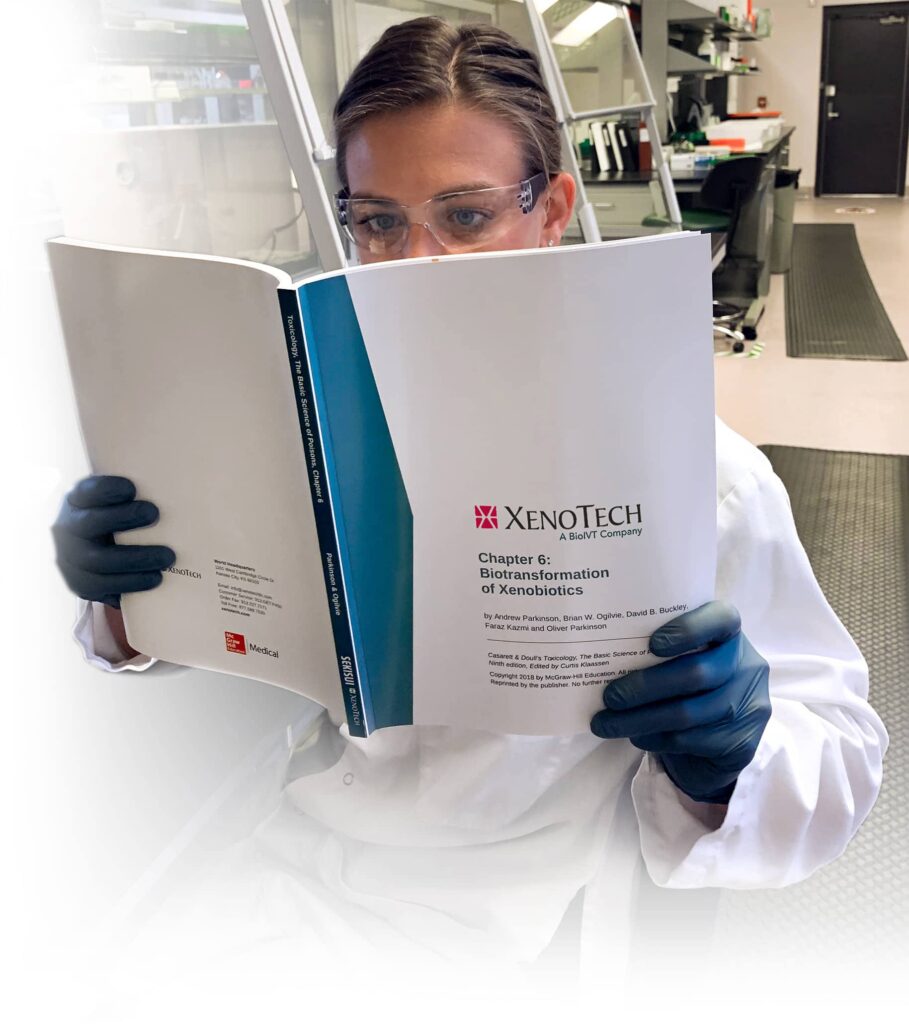
In Vitro Cholestatic DILI & Mitochondrial Toxicity Studies to Assess Hepatotoxicity
This webinar was presented on Jan. 26, 2021 by Miki Fujishima, Manager in Business Development at the Drug Development Solutions Center in Tokai, Japan.
Abstract
Hepatotoxicity studies in preclinical development provide key data to de-risking a compound early or screening compounds out that would not meet regulatory scrutiny.
Drug-Induced Liver Injury (DILI) incidents account for more than 10% of all cases of acute liver failure, posing a major clinical and regulatory challenge. While the cause of DILI is multifactorial and difficult to predict, there are known mechanisms that can be screened for in preclinical development using in vitro methods. Two of these mechanisms are cholestasis and mitochondrial toxicity. In cholestasis, bile acid accumulation leads to hepatocyte cytotoxicity, reducing the liver’s ability to function and causing tissue damage. Mitochondrial toxicity impacts cells’ energy source and can further inhibit function. Our cholestatic DILI assessments, including a functional assay and an ROC analysis, and mitochondrial toxicity assay can help you evaluate your compound’s risk of hepatotoxicity.
Keypoints covered in this webinar include:
- DILI risk assessment planning and considerations
- Overviews of following studies, including study design and test systems:
- Bile Acid-Dependent Hepatotoxicity, an in vitro functional assay
- Receiver Operating Characteristics (ROC) analysis to estimate clinical risk
- Mitochondrial Toxicity assay, long- and short-term exposure experiments
- Using functional assay data and ROC analysis together to better predict risk
- Long versus short term assessment in mitochondrial toxicity assay design
About the Presenter:
Miki Fujishima is an Assistant Manager in the Business Development department at the Drug Development Solutions Center in Tokai, Japan. In this role, she facilitates ADME solutions for clients and works closely with research & development scientists to develop and improve assays relating to liver toxicity. Miki received her master’s degree in Drug Metabolism and Molecular Toxicology from Tokyo University of Pharmacy and Life Sciences in 2007. She joined the Drug Development Solutions Center in 2007, helping to establish Drug Transporter study offerings performed at both the Tokai facility and XenoTech. She moved on to specialize in DMPK test systems, including hepatocytes and subcellular fractions, and finally to her current position assisting clients in their assessment of Hepatotoxicity.
